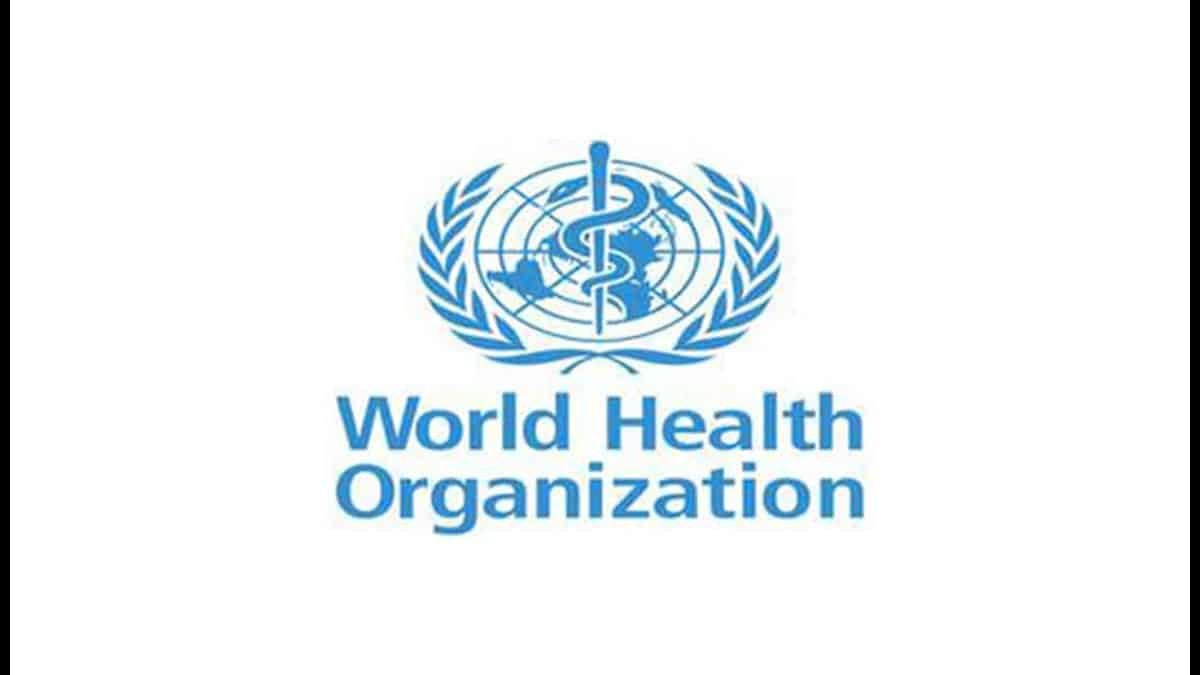According to a WHO press release, the pandemic’s mental health effects will be long-term and far-reaching. “Everyone is affected in some manner, from fears of viral transmission to the psychological consequences of lockdowns and self-isolation, to the repercussions of unemployment, financial worries, and social exclusion, to in-person access to care.”
“It is not just the infection, or worry about getting infected, that has affected people’s mental health. The stress brought about by socio-economic inequalities and the impacts of quarantine, lockdown and school/work closure have also had a huge impact,” it added.
WHO further said people with pre-existing mental health conditions are disproportionately likely to contract COVID-19 infection, but the pandemic and its effects have also exacerbated their mental health conditions.
Dr Hans Kluge, Regional Director, WHO Europe, said: “People in the European region are quite literally breaking down under the strain of COVID-19 and its consequences. The pandemic has shaken the world. More than 4 million lives were lost globally, livelihoods ruined, families and communities forced apart, businesses bankrupted, and people deprived of opportunities. These consequences of the pandemic have exacted an enormous toll on the mental health and well-being of people in the European region.”
“Yet the pandemic, which has been devastating in so many ways, provides an opportunity for countries to re-think and re-form their mental health services. It is an opportunity no country can afford to waste if we are to build back better and stronger.”

